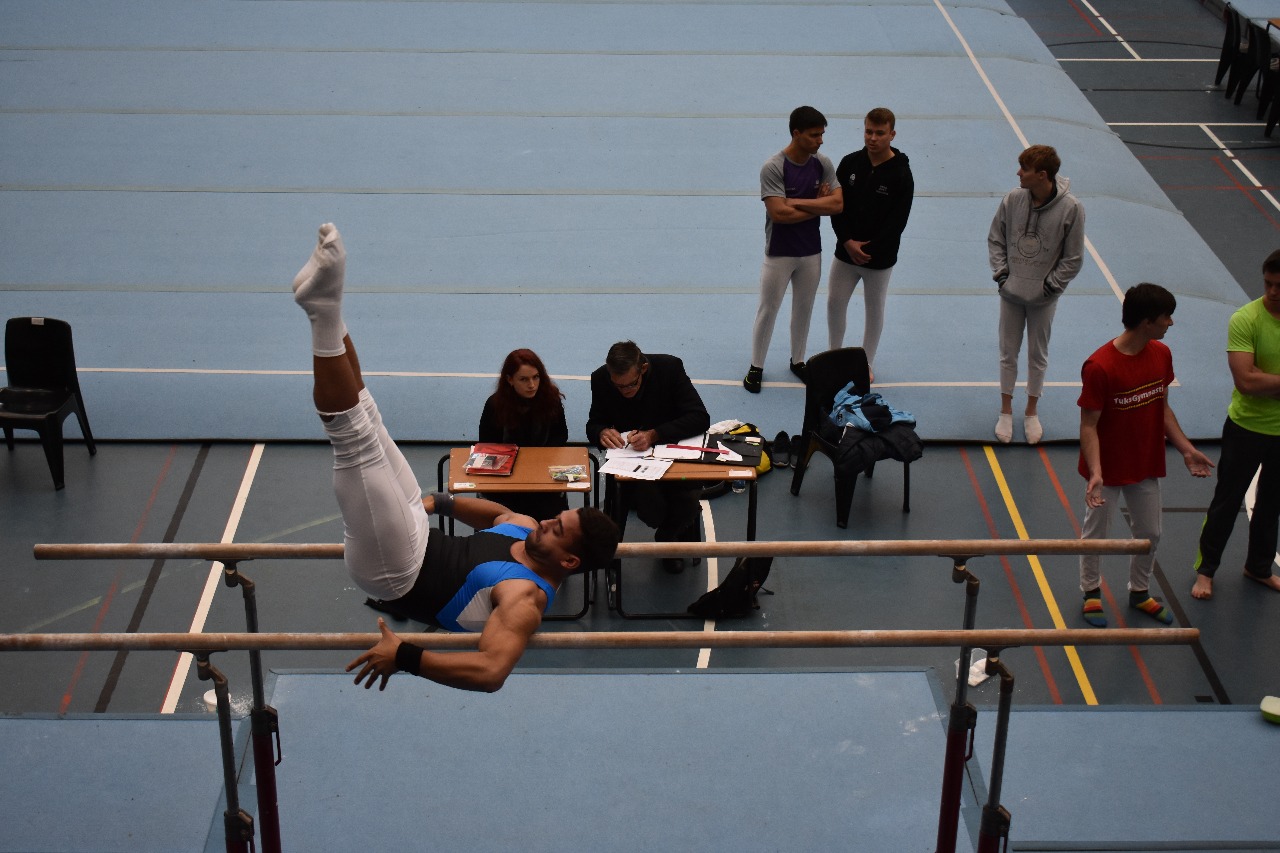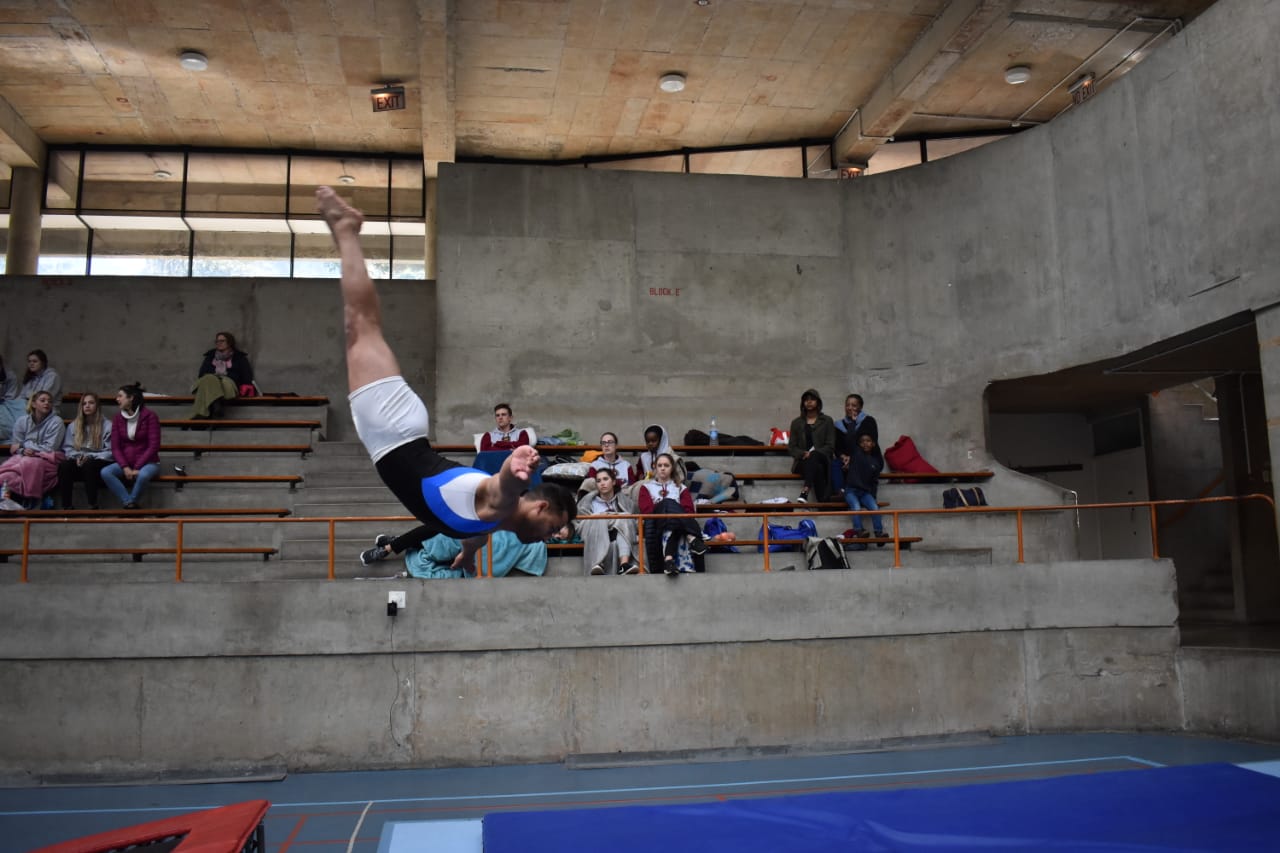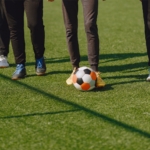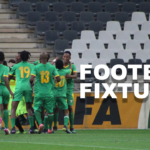It’s every South African athlete’s dream to don the green and gold for their country, but very few get to make their dreams come true. Cape gymnastics star Warren Lucas is one of those few, having achieved the feat both as a player and now as a member of the technical staff.
And he did that in grand style, after he was appointed as the very first (ever) exercise scientist for Gymnastics South Africa’s national teams for international tournaments. Lucas was at the helm when the African Championships for Men’s and Women’s Artistic Gymnastics took place in May, and helped prepare the team for the Rope Skipping and the International Gymnasiade for Aerobic Gymnastics that are scheduled for August and October, respectively.
“I am incredibly proud to be recognized as an Exercise Scientist with Gymnastics South Africa,” the Mitchell’s Plain-born Lucas comments. “As a former member of the Protea team in Aerobic Gymnastics, I am in the position to extend assistance to current Team SA gymnasts, and take the lead in the development and scientific support of gymnasts, thereby contributing to the body of knowledge within Exercise Science and Gymnastics for South Africa. For my career, this has been my dream from the beginning of my studying journey within Sport Science at the University of the Western Cape. This is one of the most exciting employment opportunities I’ve had to date in my career as an Exercise Scientist.”

Lucas, the Chairperson of the Cape Town Gymnastics Association, notes that gymnastics is identified as one of the top 16 priority codes by the Western Cape Department of Cultural Affairs and Sport, and has enrolled three members of the Protea gymnastics team (Malusi Tumtumana, Mkhululi Gosa and Buyisile Hubela) to the Western Cape Sport Academy programme to receive specialist sport, biokinetics and nutritional services from the Sport Science Institute of South Africa.
“With these types of advances, specifically in gymnastics, we are creating an increased awareness about this sport, which may lead to increased participation and possible sponsorship. Gymnastics is predominantly self-funded by its own members, so we are interested in expanding gymnastics through networking and professional affiliations to assist in funding our High Performance gymnasts and Olympic hopefuls.”
And this is where his expertise as an exercise scientist comes in handy.
“As gymnastics grows and develops in South Africa, so does the need for knowledge within exercise science and sports medicine,” explained Lucas, who obtained his BA in Sport and Recreation Management (2011), BA (Hons) Sport and Recreation Management (2012), and MA in Sport, Recreation and Exercise Science in 2016 from UWC.

“We have made progress in developing a basis for knowledge within gymnastics in the past through some of my research as a Master’s student at UWC, as well as through the work of Dr Denise Bouah in the Sport Psychology of high-performance athletes, and Dominic Rhodes with his work in Injuries and Physiotherapy of gymnasts.”
After obtaining his Master’s, Lucas completed a research fellowship in Preventive Medicine through the Erasmus Mundus mobility programme via the Division for Post-Graduate Studies, and earned certifications in Public Health and Applied Statistics in Health Sciences. And he has no intentions to stop learning – he is currently a PhD candidate in Exercise Science at the University of Cape Town.
This will surely give him the edge in his job, as he is responsible for overseeing the body composition, strength and conditioning and fitness assessments of gymnasts on the High Performance Men’s and Women’s Artistic Gymnastics teams, the Senior Rope Skipping team and the Aerobic Gymnastics team.
So what would he like to achieve as the first exercise scientist for Gymnastics SA?
“Gymnastics is a multifaceted sport that requires a high level of physical fitness and skill to succeed,” he says. “Speed, strength, endurance, agility, flexibility, balance, and power are all physical abilities that play a role in the success of a competitive gymnast. A gymnast’s physical abilities may also be related to the ability to sustain injury-free participation in the sport, and I would like to contribute to the education and training of coaches to facilitate increased understanding and awareness of these sport science principles. Additionally, I’d like to provide workshops to gymnasts on nutritional management, life-skills, personal development and possible career guidance.”
Lucas advises the youth to prioritise their work by applying savvy time management practices to reduce their academic workload.
“And if you are thinking of becoming an exercise scientist, sport science researcher/lecturer, sport physiotherapist, biokineticist, personal trainer, coach or fitness instructor, ensure that you connect with people who are working in these capacities and ask questions about their daily duties, and be available to shadow, volunteer and learn through experience and participation. In doing so, you will be expanding your network, which will make it much easier later to connect with industry professionals when you are qualified.”



